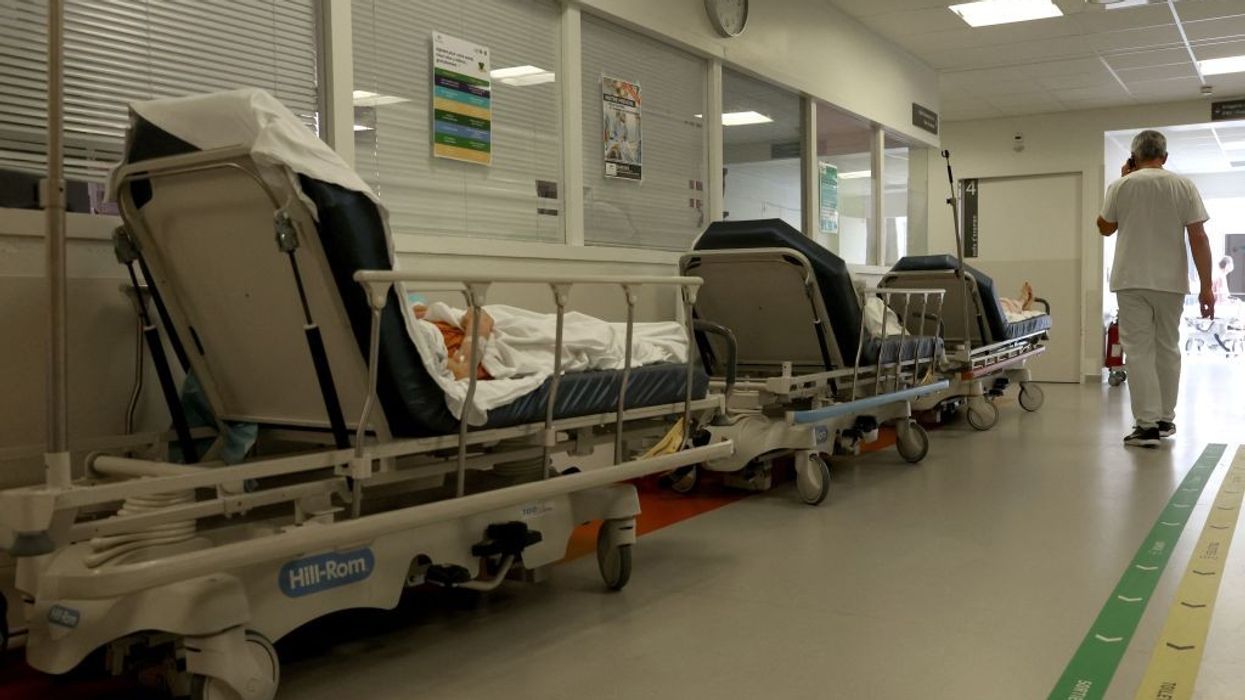RCN survey highlights troubling corridor care trends in the NHS hospitals due to lack of available beds
“Patients shouldn’t have to end up at the doors of our emergency departments because they can’t get a GP appointment, a visit from a district nurse or a social care package," says Professor Nicola Ranger, Acting RCN General Secretary and Chief Executive.
In a stark revelation, the Royal College of Nursing (RCN) has reported that more than one in three nursing staff in typical hospital settings have had to deliver care in inappropriate places such as corridors during their last shift.
The report underscores the severe overcrowding and resource shortages plaguing the NHS, prompting urgent calls for systemic reforms.
The findings, based on a survey of nearly 11,000 frontline nursing staff across the UK, highlight the troubling normalisation of "corridor care" – treating patients in hallways and other non-clinical spaces due to a lack of available beds.
Patients have reportedly spent extended periods, sometimes days, on chairs in corridors, which RCN insists should be classified as "Never Events" – severe incidents that should never happen in healthcare.
Professor Nicola Ranger condemned the situation stating, "This is a tragedy for our profession. Our once world-leading services are treating patients in car parks and store cupboards."
"The elderly are languishing on chairs for hours and patients are dying in corridors. The horror of this situation cannot be understated. It is a national emergency for patient safety and today we are raising the alarm," she added.
'A symptom of a system in crisis'
The RCN report, "Corridor Care: Unsafe, Undignified, Unacceptable," details the dire consequences of such practices.
Over half of those delivering care in corridors reported lacking access to essential life-saving equipment like oxygen and suction.
Additionally, 67 per cent of respondents noted that the public nature of corridor care compromised patient privacy and dignity.
The report attributes this crisis to a mismatch between patient demand and workforce supply across all healthcare settings, from primary care to community and social care services.
It argues that insufficient investment in preventive care and poor population health further exacerbate the problem.
Ranger emphasised the systemic nature of the crisis: “Treating patients in corridors used to be an exceptional circumstance. Now it is a regular occurrence and a symptom of a system in crisis.
"Patients shouldn’t have to end up at the doors of our emergency departments because they can’t get a GP appointment, a visit from a district nurse or a social care package. But that is the reality.”
To address the issue, the RCN is advocating for mandatory national reporting of patients being treated in corridors to accurately reflect hospital overcrowding.
They also urge nursing staff to report instances of care being provided in inappropriate settings to highlight the severity of the problem.
The report calls for substantial investment across the entire health and care system, particularly in bolstering the nursing workforce, to prevent corridor care from becoming an ingrained aspect of NHS service delivery.












